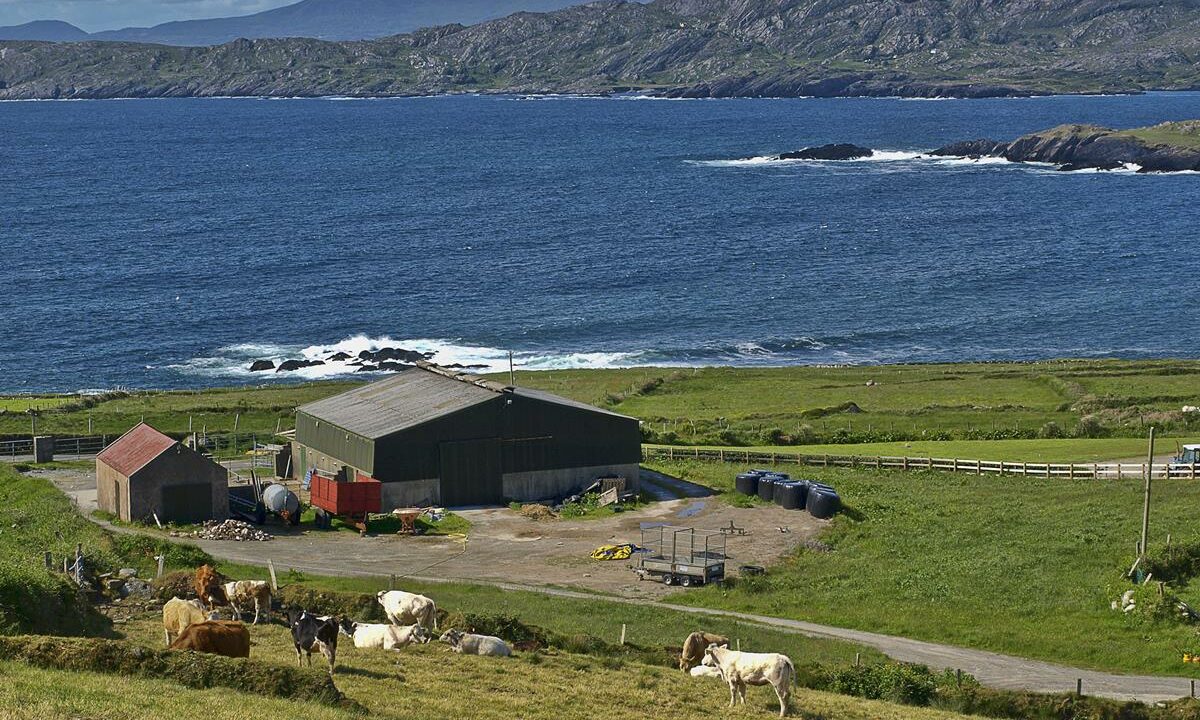Key new details of the revised Bord Bia Quality Assurance Scheme currently under negotiation have emerged this week.
Bord Bia and all farm organisations are currently engaged in an extensive consultation process which may see many aspects of the currently scheme changed considerably.
It is understood that solid progress was made in addressing the key areas of concern to farmers on quality assurance, including farm audits, standards and compliance issues as well as a more farmer-friendly approach.
At a meeting between senior management in Bord Bia and the IFA Executive Council in Dublin this week, Aidan Cotter from Bord Bia said his organisation is fully committed to taking farmers’ issues on board and addressing them in the New Sustainable Beef and Lamb Quality Assurance Scheme, currently being discussed.
Key Details
IFA President Joe Healy said Bord Bia has given a clear commitment to IFA that they will address the following key issues under the New Sustainable Beef and Lamb Quality Assurance Scheme:
- Introducing a new close out period, which will allow farmers to correct all compliance issues within a time frame, enabling them to remain and continue to trade in the scheme;
- Ensuring that the target timeframe for farm audits will be 90 minutes;
- Simplifying and consolidating the number of issues in the standard and the number of questions at audit;
- Introducing a pre-audit questionnaire that will be sent to farmers a week before the audit so as to simplify the process and reduce audit time;
- Removal of all reference to market requirements and specifications in the standard; and,
- Removal of all reference to EID for sheep.
There are currently over 52,000 producers and 120 processors and packers certified members across all the Bord Bia Quality Assurance Schemes.
Producers are inspected regularly by Bord Bia before they can be certified and allowed use of the Quality Mark.
This audit is conducted by an independent auditor from a Bord Bia appointed inspection body.
Under the current scheme, in addition to meeting legal requirements, farmers are audited against a range of standards including animal health; welfare and traceability; water and feed; pasture management; environmental management and farm safety.
